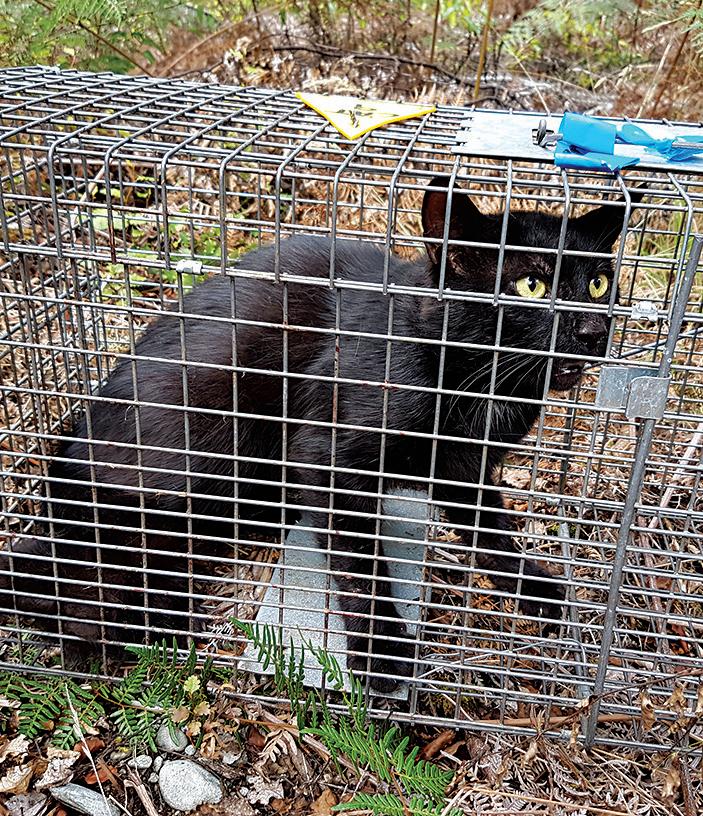
2 minute read
Historic Nelson Tenths land claim hits High Court

TRACY NEAL Open Justice Reporter
Advertisement
One of New Zealand’s oldest property law claims is back in court, in a move which aims to end one of the largest pieces of litigation against the Crown this country has seen.
Customary Māori landowners in the top of the South Island have been fighting for justice since the 1840s over promises made but never fulfilled when the New Zealand Company bought land for the Nelson settlement. In 2017 the Supreme Court ruled that the Crown had a legal duty to right the wrongs.
The Wellington High Court is now underway with deciding what needs to be done to resolve the long-running saga of the Nelson Tenths Reserves.
It will determine the extent of the Crown’s breaches, any defences it has and remedies.
Nelson-based Wakatū Incorporation has backed the claim on behalf of the Māori customary landowners. It hopes the High Court case that began in Wellington on Monday will be the final hurdle towards resolution.
The legal case does not involve private land, but land held by the Crown. Neither is it a Treaty claim but one that had traversed the courts over decades as a private breach of trust.
Wakatū chief executive, Kerensa Johnston, says they had applied the same argument as anyone might today over property protection laws.
“There are parallels that we could draw from then and today’s property transactions and it’s what Wakatū tried to do throughout the proceedings.”
At the heart of the matter is the purchase deals by the New Zea- land Company for the Nelson settlement scheme from the early 1840s.

One-tenth of the land bought by the company was to have been set aside and held in trust for the customary Māori landowners. All land occupied by Māori (pā, urupā and cultivations) was to be excluded from the sale.
This was officially recognised by Commissioner William Spain and became enshrined in the Crown Grant of 1845.
But the agreement was never honoured. Only 5100 acres of what should have been 15,100 acres of land set aside were ever identified and reserved. By 1882 the 5100 acres had been whittled down to 3000 with the arrival of more settlers. Currently, the customary Māori landowners have less than 20 per cent of the land they are legally entitled to.
The remnants of the Tenths have been held in trust and managed by the Crown and its trustees from 1845 until 1977 when the Wakatū Incorporation was formed by Māori landowners to receive and manage these leftovers. Kerensa says redress sought now was a combination of the proportion owed and land already tagged.
Kaumatua Rore Stafford is fronting the latest case as representative of the Māori customary landowners - the descendants of those tūpuna identified by the Native Land Court in 1892.
Wakatū Incorporation represents the interests of about 4000 owners, who descend from the customary Māori landowners, the whānau and hapū of the Whakatū (Nelson), Motueka and Mōhua (Golden Bay) rohe.
Since 1977 it has grown from having an asset base worth about $11 million, to a current value of more than $350 million, mostly in land and water space. The hearing is expected to run for 10 weeks.
Crown Law is representing the Attorney General as respondent, who declined to comment as the matter was before the court.
To read the full story visit the Nelson App.










